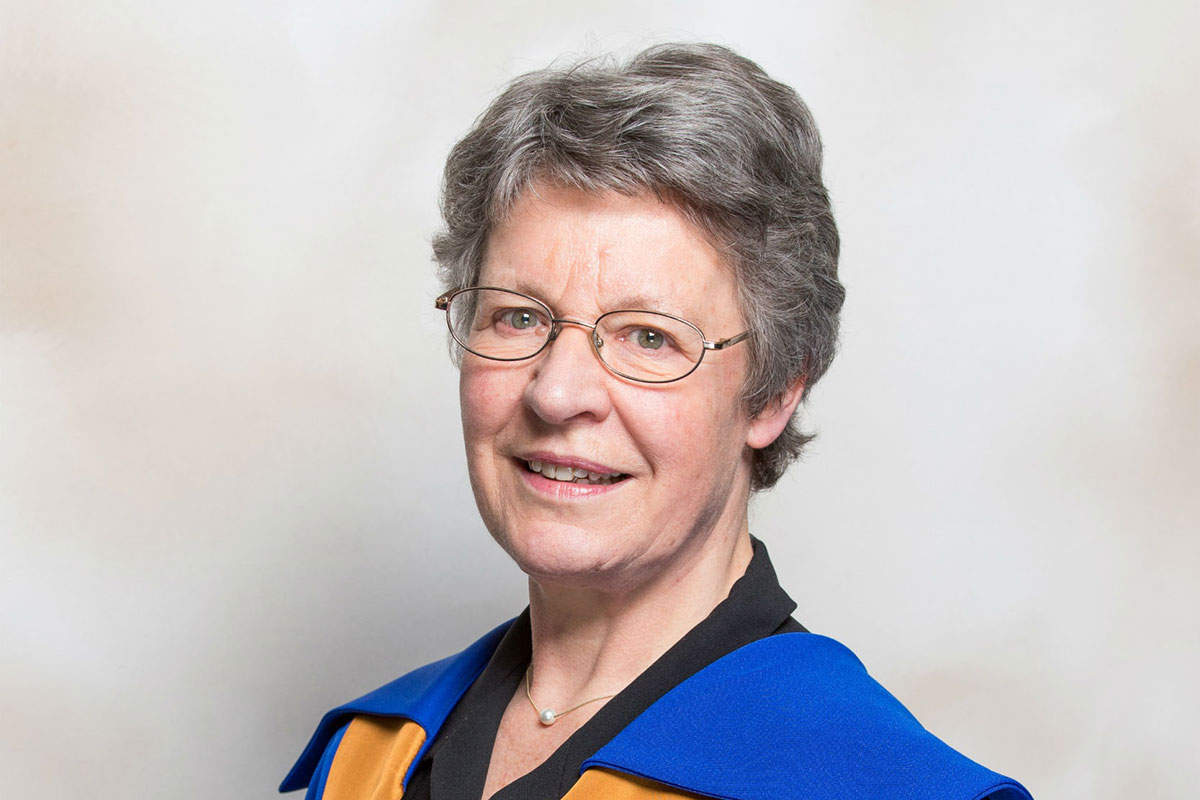Applying to Cambridge: Tackling Impostor Syndrome
Dhruv shares his opinions on how to face Impostor syndrome and fears when applying to Cambridge.


I wanted to start with this quote from esteemed scientist and one of my biggest role models: Prof Bell Burnell. Discoverer of pulsars and one of the most well known astronomers in the world, there was perhaps no reason for her to worry about impostor syndrome and yet she was.
Why?
Most people who apply to Cambridge may fall into different categories: there are those that feel like they should be here, and those that feel like it was a fluke. Once you get into Cambridge, it’s pretty much settled that you deserve to be there. Nepotism and quotas being eliminated, and a tough selection process still in place ensures that only the best are admitted. However, perceived competence and actual competence means that people from minorities often underestimate themselves, whereas those that come from a Cambridge-aware background (perhaps their parents or close family went there in the past) are less likely to doubt themselves and hence seem more competent (due to their confidence).
In Professor Bell Burnell’s case, being a woman in the 1960s probably didn’t help either.
So it’s important to gain some perspective. If you’re unsure about applying to Cambridge, my advice is: do not worry about not fitting in. Firstly, because you will find your crowd; maybe the first couple of people you meet may not seem particularly relatable, but you will soon find people very similar to you. Secondly, because you should be who you are; you should never conform to be like others.

This image is not relevant to this paragraph but it’s iconic so it makes it in.
Diversity, however, is an extremely important mechanism to bring in new thoughts and ideas into discussions, due to different life experiences. You will benefit from some diversity in the people around you, but you are your own master, and you should only engage with people who enrich your life – not worsen it.
So, if you’d feel more comfortable with people you understand and relate to, you can chose to spend time with them.
To find them, join in with societies, go to events and talk to as many people as you are willing. There are many opportunities in Cambridge that would appeal to you.
How did I feel?
When I applied and did my interview, I actually thought I flopped. I remember leaving the interview thinking, ‘I didn’t get anything right and I was so shy!’. After the interview, I would often recollect my mistakes and it really hung over me. So, when I got my conditional offer, I was shocked. I knew I was smart, but I couldn’t believe that I got in. Like Prof Bell Burnell, I felt like a mistake was made. Or worse, that I was a DEI pick. When I got to Cambridge, the first people I met scared me. They’re what you imagine when you think Cambridge: very smart, ‘Queen’s English’ speaking people. It frankly intimidated me. I thought I was cursed to always be inferior to those around me.
Soon after that though, I met others who were more relatable. Skip forward to now, I have never been more settled. I have a very tight friendship group, who support each other and I have not yet been kicked out from Cambridge. You could even go so far as to say I’m doing well.
Final advice
If you’re worried about how your life would be in Cambridge, realise you are never alone. You probably are very capable and deserve to be applying. Wherever you end up, never doubt yourself, because you could be the next discoverer of something like pulsars. Your background or identity do not define your science, but they can enrich it.
If you’d like more advice make sure to check out Christ’s admissions page. If in doubt, reach out to them and they will help you!
Image 1 Credit: New Scientist, Jocelyn Bell Burnell
Image 2 Credit: Debbish blog
